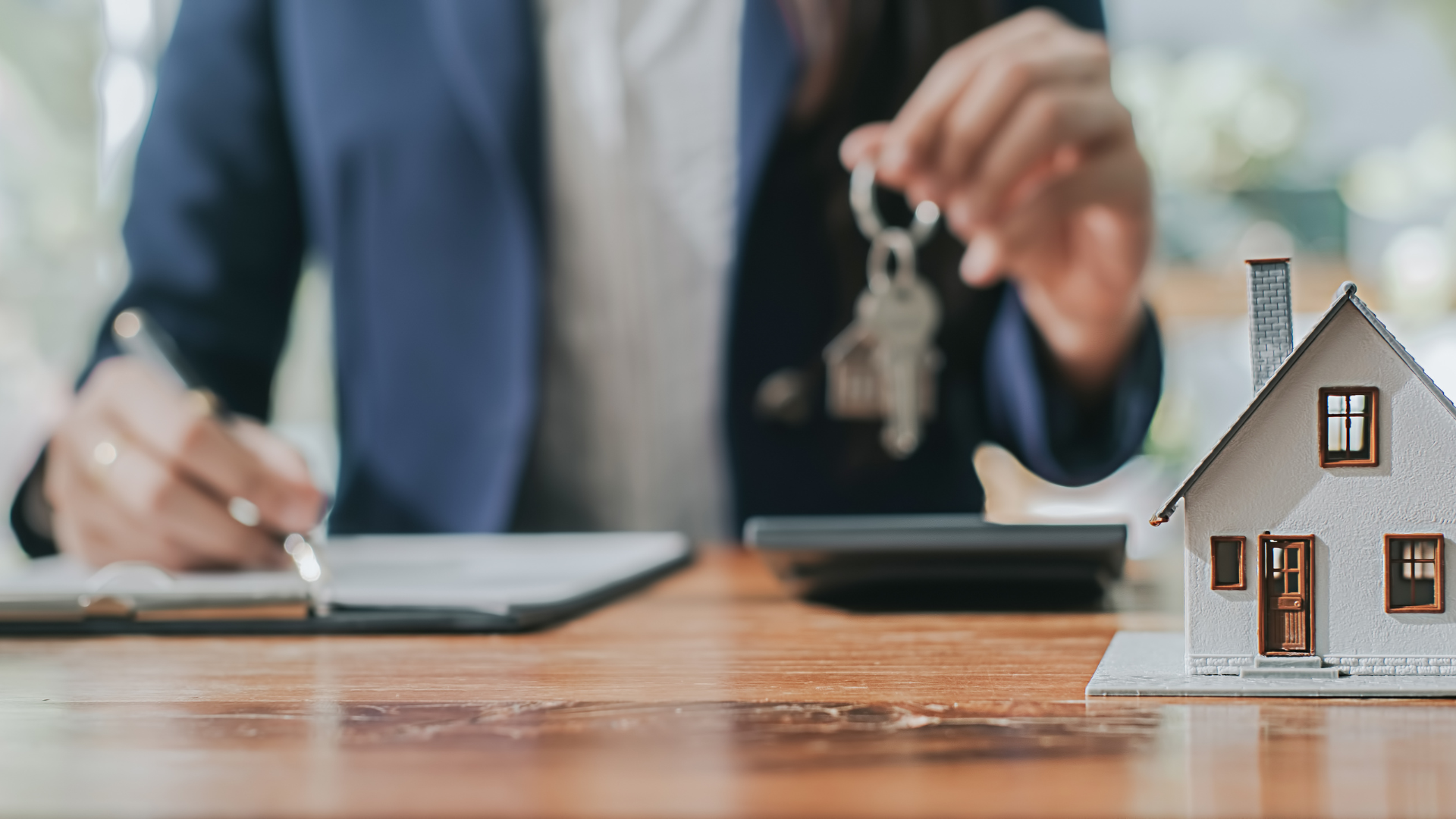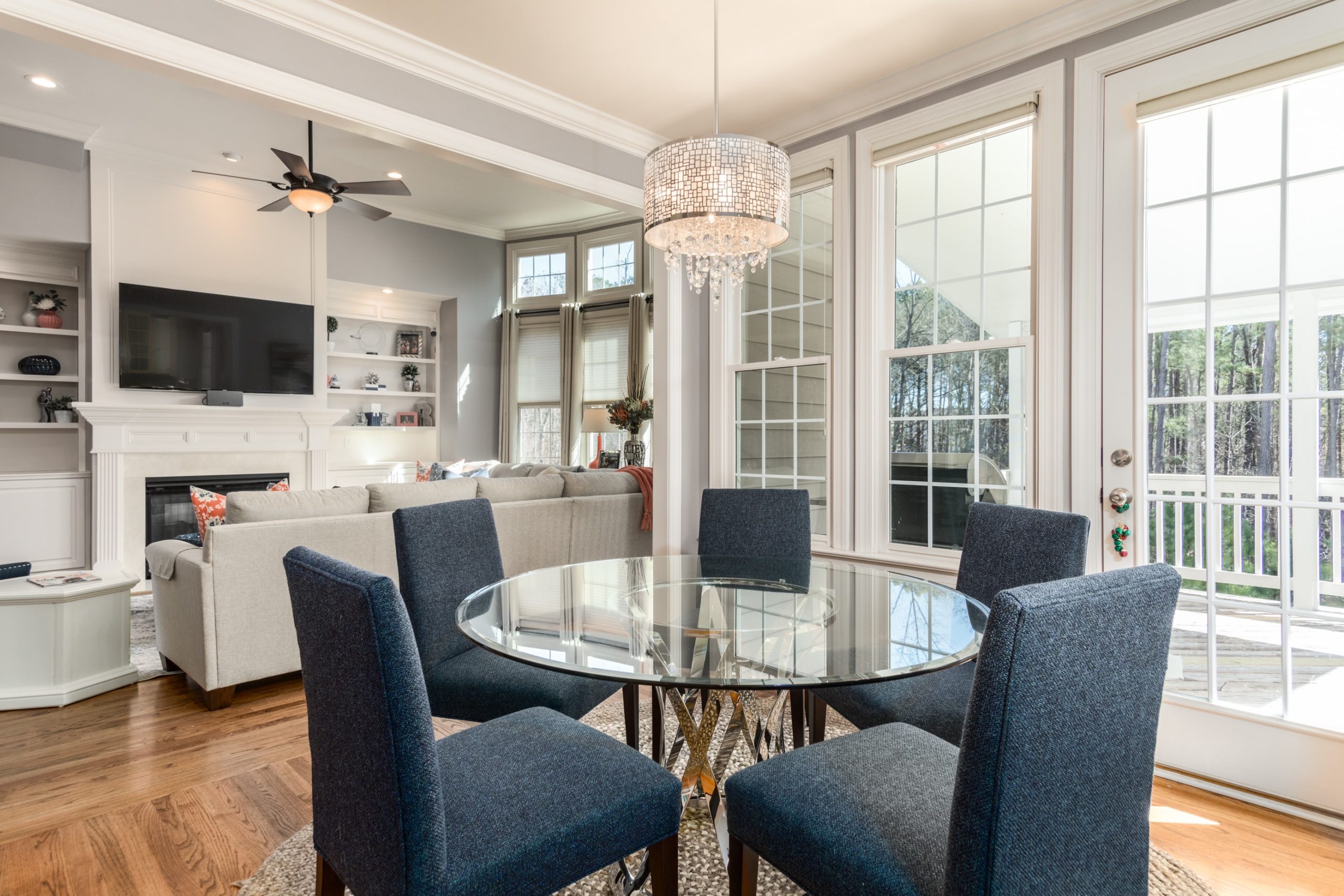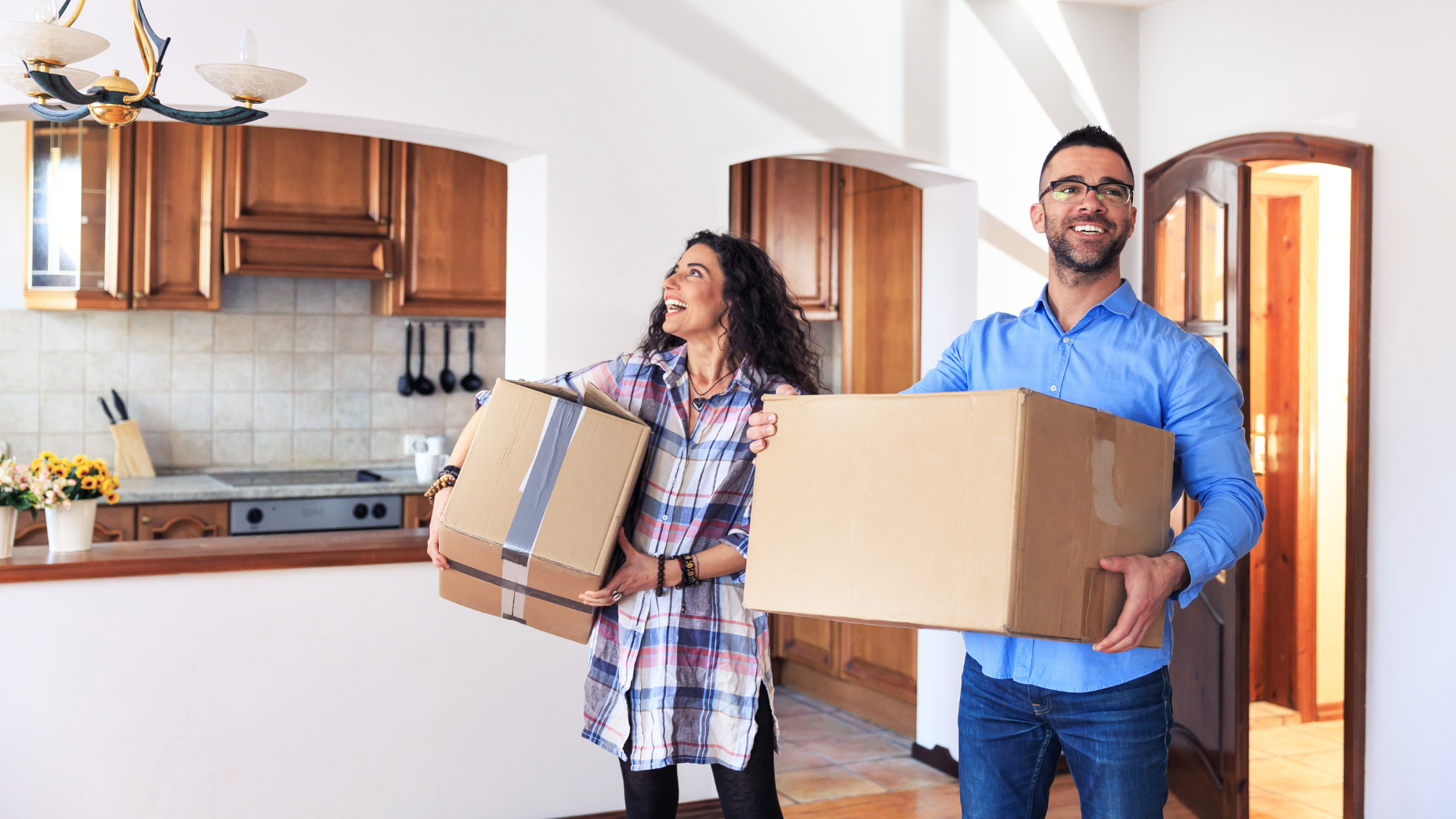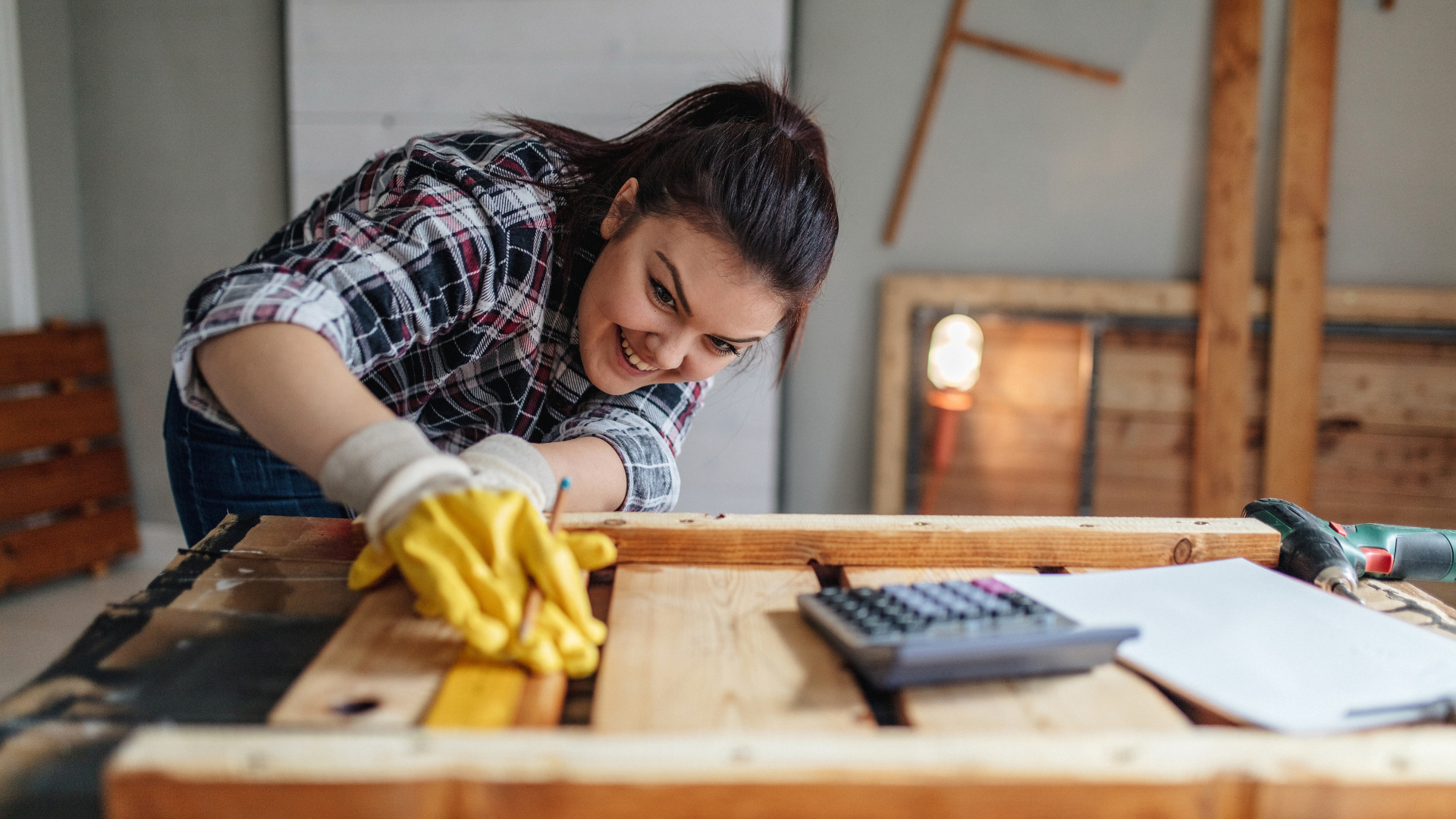Are you tired of living in an apartment, house, or unit that someone else owns? Do you think you’re ready to buy your first home?
Jump straight to…
Before buying or building your first home, you should find out if you’re eligible for assistance from the NSW and Australian governments.
This article includes crucial information relevant to first home buyers, including grants, loans, deposits, and taxes. Moving into your dream home might be easier than you imagined.

First Home Owner (New Homes) Grant
The Australian government launched the First Home Owner Grant (FHOG) scheme in July 2000. Its goal was to offset the effect of the goods and services tax (GST) on homeownership.
Australian states and territories fund the national scheme. Their legislation manages the FHOG, such as the QLD First Home Owners Grant.
First home owners that meet all eligibility requirements qualify for a one-off first homeowners grant, including:
- First home buyers grant NSW
- First home buyers grant QLD
- First home buyers grant WA
- First home buyers grant VIC
- First home buyers grant Tasmania
Potential new homebuyers can receive various benefits through the grant, including transfer duty exemption.
Potential homebuyers must meet various requirements. They include purchasing their first home in Australia with its value being up to $1 million.
Other conditions apply to the FHOG in terms of factors related to the home, such as buying a new or renovated home.
First Home Buyers Schemes
First Home Super Saver Scheme (FHSSS)
The FHSSS is a Commonwealth government scheme that allows eligible first-time homebuyers to boost their savings through extra contributions to their super fund.
The contributions in this scheme are taxed at the superannuation tax rate instead of the original income tax rate.
Some first home buyers may be able to use the extra voluntary contributions to save up for their home deposit.
First Home Loan Deposit Scheme (FHLDS)
Under the FHLDS, eligible first home buyers can buy or build a new home with a deposit of as low as 5%. This rate is much lower than the usual 20% deposit requirement, and you don’t have to take out an LMI (lender’s mortgage insurance).
The LMI is typically under a certain threshold for homebuyers.
The NHFIC (National Housing Finance and Investment Corporation) administers the FHLDS.
It guarantees a participating lender up to 15% of the purchased property value financed by an eligible first home buyer’s home loan.
This scheme allows the buyer’s home loan to finance a certain percentage of the purchased investment property’s value for more borrowing power.
If you want to qualify for this scheme, you’ll have to meet various requirements related to age, homeowner/occupier, and savings.
It’s also worth noting that in different areas like Sydney, the property you buy must also be under a set price cap. Check for the price cap in your state or territory.
You must also purchase your home through one of the scheme’s participating lenders.
These lenders are located throughout Australia. Therefore, it’s important to find one that provides financial services for your state or territory, including:
- First home buyers NSW
- First home buyers QLD
- First home buyers Victoria
Family Home Guarantee
The Australian government recently announced creating this new program that you might be interested in as a new homebuyer.
The Family Home Guarantee offers qualified single parents with dependents the chance to build a new home through a homebuilder or buy an existing one. Eligible homebuyers must make a deposit based on the individual’s ability to pay a home loan.
You aren’t required to be a first-time homebuyer to participate in the Family Home Guarantee; however, you still need to meet various requirements to qualify.
First Home Buyer Assistance Scheme (FHBAS)
If you’re buying a new home or vacant land, it’s important to know about the NSW government’s thresholds.
You should also research whether you’re eligible to reduce a transfer duty exemption or reduction under the FHBAS.
This assistance scheme only applies to first home buyers who are buying:
- An existing home
- A new home
- Vacant land on which you want to build a home
In certain situations you can apply for a full exemption or concession. These cases are related to when you purchase the home or land and the value of the home or land.
The various eligibility criteria for (FHBAS) include:
- Being an individual rather than a company or trust
- Being 18+ years old
- Being an Australian citizen or a permanent resident (or someone you live with)
- Not having previously owned an Australian residential property or received a concession or exemption under this scheme
You must also submit your application form with supporting documents to a solicitor or conveyance.
Stamp Duty
When purchasing a home, the first home buyers stamp duty or transfer duty is one of the various upfront costs. The tax amount can vary and is based on the purchase price of the house or apartment.
New South Wales (NSW) offers various exemptions and concessions for first-time homebuyers through first home buyers NSW stamp duty.
Suppose you’re purchasing a new or off-the-plan property. You could qualify for stamp tax exemptions or concessions through first home buyers stamp duty QLD.
Who Can Apply?
If you want to qualify as a first home buyer, you must meet various requirements. You must:
- Be buying your first home in Australia
- Have lived in the home for six consecutive months
- Be an Australian citizen or a permanent resident
- Be at least 18 years old
Top 8 Tips for Buying Your First Home
Buying a first home can be a memorable experience for many Australians. You can use smart financial decisions and strategic planning to make wise choices.
Here are some helpful tips when putting money down for your dream home:
1. Calculate How Much Money You Have
The loan terms in Australia can vary. Determine where homeownership ranks on your list of financial goals.
Your property’s price could be a big factor in determining your home deposit. Make sure you calculate how much your household can afford.
If you get financial help, then consider the benefits, risks, and taxes that could be involved. Another factor is whether you and your partner are buying property or building one.
2. Learn if Your Credit Report Has Any Black Marks
A lender uses its policies to evaluate a potential client’s credit file. It’s possible for certain lenders to approve your loan application while others reject or delay it.
Therefore, it’s wise to consider reviewing your home budget and talking to an adviser before your closing date.
Find out what’s on your personal credit report before you apply for a home loan. An adviser with an Australian credit licence can help you with this.
3. Set a Spending Limit for Your New Home
Here are some of the most common home costs you’ll likely experience:
Upfront Costs
- Purchase Price – This is the property’s actual cost. You’ll likely have to take out a loan unless you can pay in cash. If you take this step, you’ll have to pay a minimum deposit.
- Lender’s Mortgage Insurance (LMI) – You might be required to pay LMI if your deposit is under 20%. If you can’t repay your loan, then your lender is protected.
- Government Fees – Stamp duty such as first home buyers stamp duty NSW is a transfer tax that you’ll have to pay to an Australian state or territory. The fees vary based on the location of your future home.
- Legal/Conveyancing Fees – These costs cover the services of a real estate solicitor or conveyancer. They help to prepare paperwork and conduct settlement.
- Building/Pest/Strata Inspectors – Such services can help you handle various structural, maintenance, and financial issues.
- Moving Costs – These costs are based on how much work you do yourself. You could hire professionals, rent a moving truck, or ask friends and family to help you move into your new home.
Ongoing Costs
- Loan Repayments – Their amount and frequency can affect how soon you pay off a home loan.
- Interest Charges – Fixed, variable or fixed/variable rates are the options.
- Other Ongoing Expenses – These costs could include:
- Council rates
- Building and contents insurance
- Utility costs
- Home improvements
4. Choose a Good Location
Before signing a contract of sale, consider various issues related to a property’s location:
- Suburban home value and price growth potential
- How far you’ll live from work, family, and friends
- Off-street parking
- Local amenities such as shops, schools, and transport
- Whether you’ll require home renovations
- Proposed developments
- Crime rates
Real estate companies with approved agents can help collect information about these issues.
5. Check Whether You Qualify for Financial Assistance
You can fund your home purchase through a real estate agent in various ways, including:
First Home Owner Grant
State governments offer this one-off grant to first-time homeowners who meet all eligibility requirements. State revenue offices can provide them.
First Home Super Saver Scheme (FHSSS)
First home buyers in NSW, for example, can take out voluntary super contributions or add them to a home deposit. The super fund’s earnings can become part of a first home deposit.
If you intend to buy your own home in the distant future, you could make voluntary contributions to your superannuation.
This first home buyers scheme can provide tax benefits to reach your deposit goal.
6. Research the Loans Available to You
Home loans can be basic or include extra features. They can also have different fees and interest rates.
Home loan comparison rates include annual interest rates and fees. Fees can make low-interest home loans more expensive. The comparison rate might help in this situation.
Make sure to research the pros and cons of various home loans to find the right home loan. Some possible benefits include:
- Extra repayments
- Redraw funds
- Offset account
7. Organise Your Finances
The approval time for home loans can vary. Having a loan pre-approval will determine how much you need to borrow.
Make sure to get formal approval and prepare your deposit near your home purchase. If LMI is required, your lender or mortgage broker can provide advice.
8. Get a Home Inspection
This step in the buying process can reveal any issues that may not be apparent at first glance, including:
- Asbestos
- Termites
- Plumbing
- Electrical
- Ventilation
In the long term, these problems could cost you much more money than the building inspection.
You can also check whether or not an apartment or townhouse is well-managed, maintained, and financed.
Stamp Duty Concessions
Some state and territory governments offer extra incentives that sometimes include stamp duty concessions. Find out what’s offered in the area where you’ll be living.
Frequently Asked Questions About FHOG
1. What’s the amount I can get from the FHOG?
In NSW, for example, the FHOG is worth $10,000. This figure typically won’t cover a typical 20% mortgage.
Meanwhile, your first home’s total value must be under $600,000. It must also be new or majorly renovated.
2. How can I become eligible for the FHOG?
You’re required to be over 18 years old and an Australian citizen or a permanent resident. Moreover, you must be buying your first new home and have lived in the home for 6+ months before purchasing it.
3. Am I required to pay stamp duty as a first home buyer?
In NSW, you can get stamp duty savings for your new home. This process is through the FHBAS (First Home Buyer Assistance Scheme).
4. Does the FHOG count towards my deposit?
Yes, you could use your $10,000 FHOG for the deposit, but it will unlikely cover the total amount required. In most cases, 5% to 10% is required. A guarantor can help you avoid paying a deposit by securing your home loan.
Check Your Borrowing Power with MMS Mortgage Calculator
Knowing your borrowing power is just the first step. A mortgage is a big investment of both time and money, which is why It’s often best to receive guidance from a financial expert like a mortgage broker.
Many people may be unaware of this…but just like you, 41% of Aussies intend to get financial advice rather than going it alone, according to an Australian Securities and Investments Commission (ASIC) report.
Find the right Mortgage Broker for you with the help of My Money Sorted
When you book a call with My Money Sorted, you’ll:
✓ get a better understanding of your financial options
✓ have an idea of the experts you can call on to help you reach your goals
✓ be matched with a mortgage broker who can help develop the best home loan strategy for your situation
My Money Sorted is your stress-free pathway to getting ahead with your home loan. Here’s what your journey will look like:
Step 1: Start off with a quick money matters session with My Money Sorted
Step 2: Get matched with a licensed Mortgage Broker that’s right for your financial situation
Step 3: Take the first step towards your financial goals with a clear roadmap that makes sense prepared by an experienced Mortgage Broker.
It’s that easy!
Get Ahead Of Your Home Loan by Speaking with My Money Sorted Today

I Want to See All My Options with the Help of a Finance Expert
Book a FREE Call TodayReferences
- Home ownerships and housing tenure
https://www.aihw.gov.au/reports/australias-welfare/home-ownership-and-housing-tenure
- First home owner Grant
- Grants and Schemes
https://www.nsw.gov.au/housing-and-property/first-home-buyer-grants-and-assistance/
- First Home Buyer
https://www.revenue.nsw.gov.au/grants-schemes/first-home-buyer









